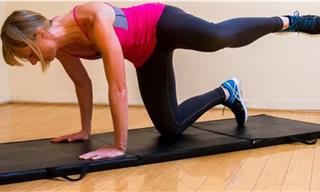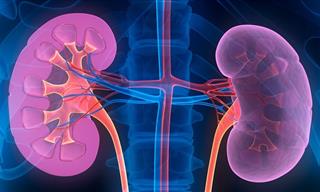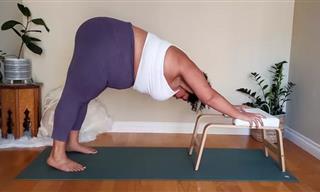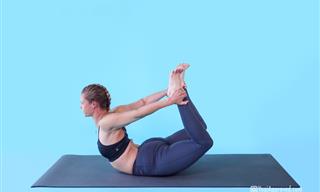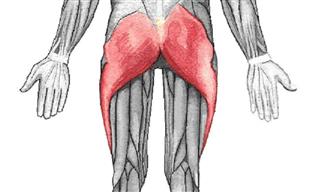Breathing is one of the most natural actions we do every day. We literally all breathe, all day long, without giving it a second thought. But it’s only when the most obvious things are taken away that we realize how valuable and important they are. This is what happened to journalist James Nestor, who developed a keen interest in the respiratory system after taking a breathing class, recommended by his doctor, to help with his recurring pneumonia and bronchitis.
The issue of breathing is especially relevant now in the time of Covid-19. In an interview Nestor gave FreshAir he talked about his new book Breath: The New Science of a Lost Art in which he shares insights on how we can be more conscious of our breathing, use it as a tool and train ourselves to breathe in ways that can improve health, quality of sleep and decrease anxiety.
The nervous system has two sides to it, the sympathetic and the parasympathetic. Put simply, the sympathetic nervous system triggers fight or flight reactions. It switches on when we sense danger and floods the body with stress hormones which aid us to fight harder or run faster. The parasympathetic system does the exact opposite. It’s the side of the nervous system that triggers a ‘rest and relax’ response. This is the state we want to be in most of the day. By learning how breathing works and learning to control it, we can take command of these systems, and elicit their properties to our advantage.
The advantage of nose breathing over mouth breathing
As part of his research, Nestor participated in a study in which his nose was completely plugged for 10 days, forcing him to breathe solely through his mouth. He described the experience as extremely unpleasant. "I went from snoring a couple of minutes a night to, within three days, I was snoring four hours a night, I developed sleep apnea. My stress levels were off the charts. My nervous system was a mess... I felt awful." It turns out that the way the body actively wants to take in the air is through the nose, for a number of reasons.
The nose filters heat and treats raw air. Inhaling through the nose can trigger different hormones to flood our bodies that lower our blood pressure, monitor heart rate, and orchestrate innumerable functions in our body to keep us balanced. “It lowers the burden of the heart if we breathe properly and if we really engage the diaphragm," said Nestor.
The effect of breathing on anxiety

Taking deep breaths when you experience stress is not just a mantra and is scientifically proven, as Nestor demonstrates. People who suffer from anxiety or other fear-based conditions tend to breathe too much. When we take shallow and frequent breaths we stimulate the sympathetic side of the nervous system and only perpetuate the state of stress. The way to stop that cycle is to simply breathe deeply. Slow breathing is automatically associated with relaxation by the brain. The diaphragm lowers, you're allowing more air into your lungs and your body immediately switches to a relaxed state.
Breathing at a rate of 5.5 seconds in and 5.5 seconds out is the ratio that enables you to get the perfect amount of air into your body, allows it to function with the least amount of effort, and thus relax. This breathing pattern is thought by psychiatrists to help patients with anxiety and depression and even survivors of 9/11.
Related: Tactical Breathing: How to Stop Stress on the Spot
Nestor explains that the action of exhaling, which is a parasympathetic response, can have a greater calming effect on the body than inhaling. Therefore, prolonging the exhale can be beneficial in certain situations. If you put your hand over your heart and inhale deeply, you will feel your heart rate speed up. As you exhale the air out, the heart slows down, and the body is “tricked” so to speak, into relaxing. In regular day to day activities, the body wants to be balanced, so extending the exhale would be beneficial before going to bed, but not before an important meeting or work task. In those cases, you can rather prolong the inhale to give yourself a little boost of energy.
What we tend to get wrong when breathing
The average human takes about 25,000 breaths a day. Bearing that in mind, we want to make access to air as easy as possible for our bodies. When we take shallow breaths, our body constantly feels overworked. So, by just extending those inhales and exhales, by moving that diaphragm up and down a little more, you can have a profound effect on your blood pressure, on your mental state, and even longevity.
There is great comfort in the knowledge that our quality of life can be improved so greatly, just by taking control of a ‘simple’ act like breathing. In a time when many are stressed about health, finances, and world turmoil that information can really make a difference.
 Go to BabaMail
Go to BabaMail
















